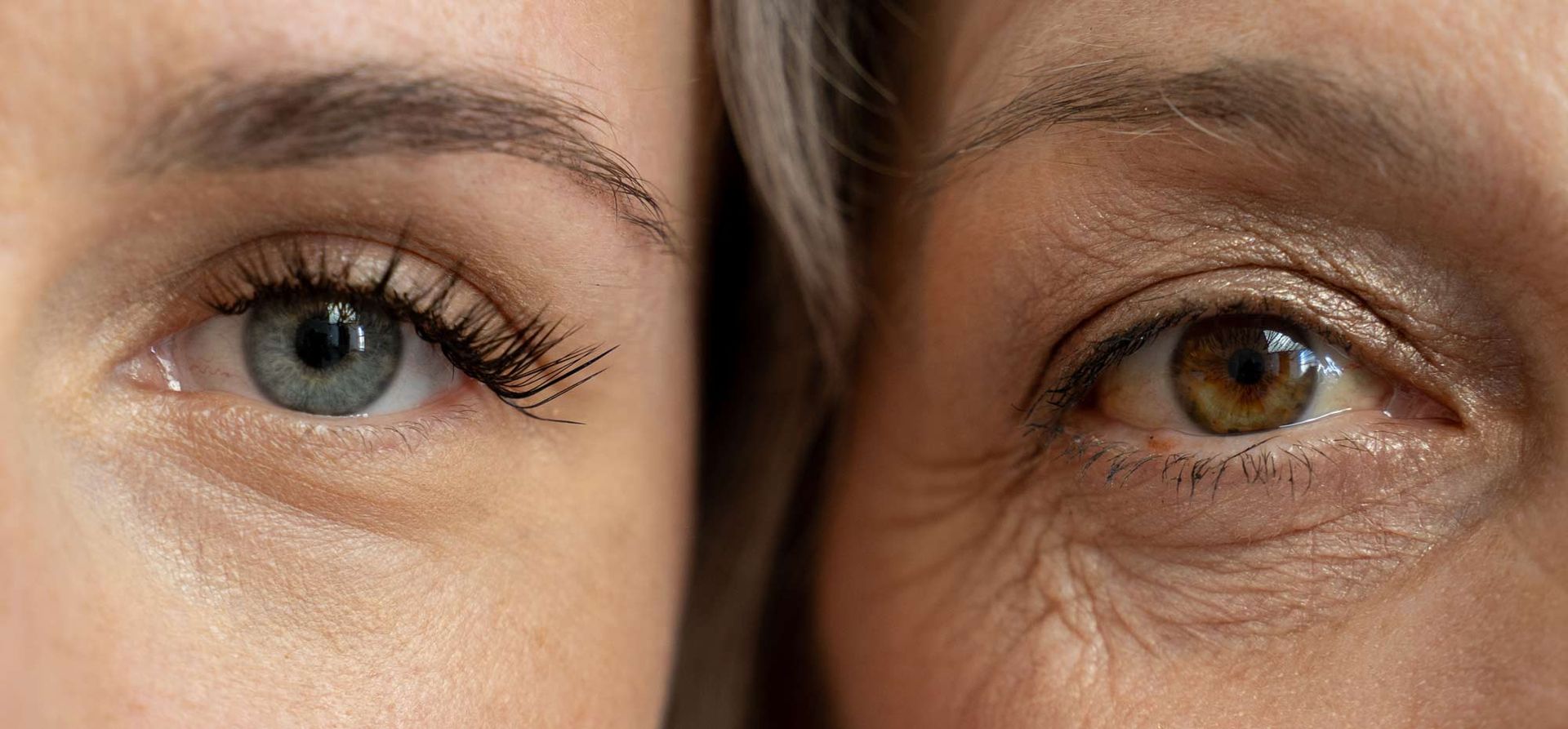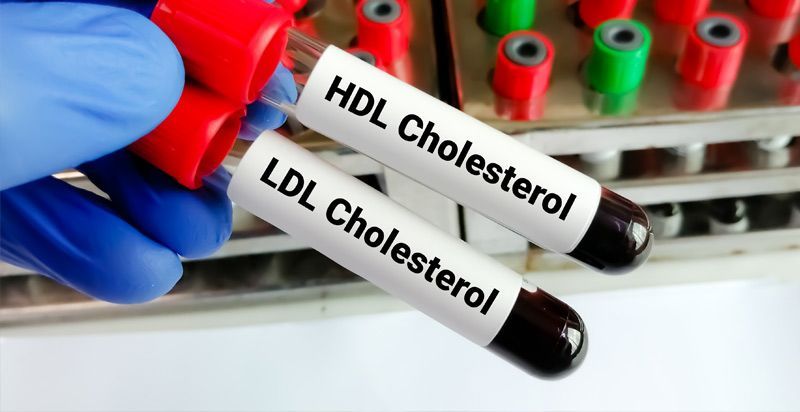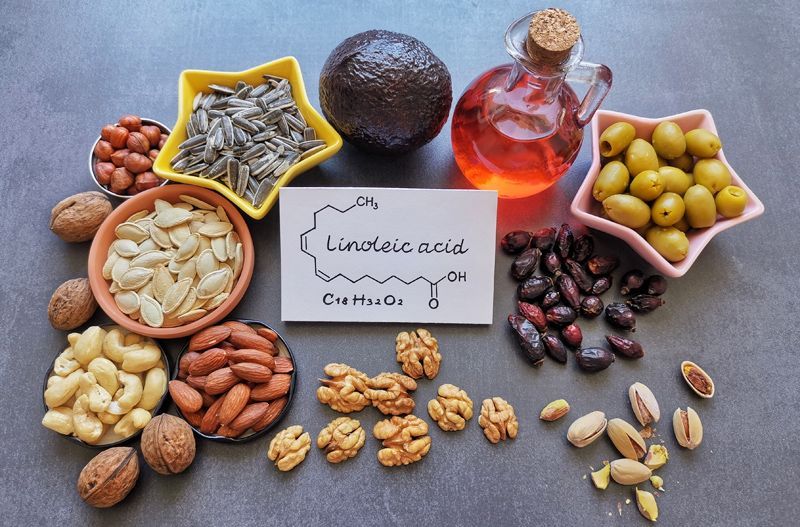Can Alzheimer's Disease Be Prevented?
In 2023, over 6 million people were diagnosed with Alzheimer's disease (AD). AD affects 1 in 9 people aged 65 and older. Early onset Alzheimer's disease affects people in their 40s and 50s and accounts for approximately 5 to 10 percent of all AD cases. Recent research in AD highlights two main mechanisms of progression. One being neuro-inflammation and the other being insulin resistance, which is why some have labeled AD as a form of type 3 diabetes.

The neuro-inflammation mechanism involves the role of microglia, which are brain macrophage like immune cells responsible for the eradication and clean up of microbes, harmful proteins, unnecessary synapses, and particulates that may endanger the central nervous system. Microglia's role is intended for protection, but may be contributing to the inflammatory process and excessive neuro-inflammation.
In the 1980s, Neuroscientist, Dr. Rudolph Tanzi discovered the amyloid protein precursor (APP) gene involved in the production of amyloid beta protein, which is present in the brains of patients with AD. Amyloid proteins form amyloid plaques in the brain and accumulate outside of brain cells. They disrupt cell-to-cell signaling and lead to inflammation and cell death.
Dr. Tanzi proposes that the amyloid protein is intended to block and envelope microbes like viruses, bacteria, and fungus in the brain. The amyloid causes the microglia to become overactive. It's the excitatory microglia that assumes an infection is spreading and beginning to create neuro-inflammation, effectively destroying parts of the brain.
This theory is fundamental in explaining the connection between the microbiome and brain. If one has an overgrowth of candida, fungus, bacterial imbalance, certain viruses, parasites etc. we know this causes deleterious effects on the body. This quantifies the importance of detoxification, eradication and balance of the microbiome to effectively protect the brain. Microglia are protective in nature, but when the body is overrun by certain microorganisms we can see how this can negatively impact the brain.
Another hallmark of AD is the Tau protein. Tau is a protein that forms tangles inside brain cells that disrupt the normal functioning and regulation of brain cells. Tau proteins become hyper-phosphorylated, meaning they accumulate an excessive number of phosphate groups.
Approximately 30 genes have been discovered that are associated with Alzheimer's disease. They include PSEN1 and PSEN2. Mutations in these particular genes are linked to early onset Alzheimer's. TREM2 gene variation is another gene associated with AD. TREM2 gene mutations can impair the function of microglia, leading to a greater progression of AD.
APOE4 is probably the most recognized gene associated with AD. APOE4 is a plasma lipoprotein which plays a role in the degradation of particles rich in triglycerides and cholesterol. APOE4 is associated with higher LDL cholesterol and an increase in amyloid plaque formation. Every person inherits two alleles of APOE from each parent. There are six possible combinations and those that have inherited 2 alleles of APOE4 have an increased risk of developing Alzheimer's Disease.
Boyd Hayley, a University of Kentucky biochemist, researches heavy metal toxicity related to the nervous system. He has studied the critical role that the APOE gene plays in the removal of heavy metals from the brain, including mercury. APOE2, APOE3 have heavy metal clearance abilities, however, APOE4 does not have the same ability to clear mercury and heavy metals out of the brain. If a person inherits two alleles of APOE4 then they have a lesser ability to remove heavy metals from the brain. This explains why some researchers have implicated heavy metal toxicity and chemical toxicity as a possible contributor to Alzheimer's disease.
In the type 3 diabetes model of AD, research suggests that insulin resistance in the brain may be a strong correlative factor to the formation of beta-amyloid plaques and tau tangles intracellularly. Insulin resistance leads to inflammation and oxidative stress, which contributes to nervous system damage and decline.
There are many things that can be implemented in your life to support brain health. Here are some that can be very helpful.
Sleep is essential to detox the brain. Getting a minimum of 6 and a half hours of sleep a night is important for the proper detoxification of the brain. Ideally you are getting 7 to 8 hours of sleep a night. The best brain detoxification hours are between 10:30 to 3:00 a.m.
Exercise is essential for neurogenesis (creating new neurons in the brain) in the hippocampus, The hippocampus is the first area in the brain that is attacked by Alzheimer's disease and is involved with learning, memory, emotional regulation, and the modulation of stress. In particular, balancing exercises are anti-aging and stimulate the brain. Alternating between standing on one foot is a simple balancing exercise.
Learning new things creates new synapses which helps the brain to function optimally. Podcasts and reading are a great way to learn new things. Learning a new language, to play an instrument, or even a new game is a great way to create new synapses.
Supporting the microbiome by identifying microbial imbalances is essential in supporting the gut-brain connection. If you have high levels of fungus, candida, mold, yeasts, reactivated or post viral syndrome, parasites, spirochetes, bacteria and other microbes they can be contributing to neuro-inflammation and negatively impact the brain. Muscle testing identifies microbiome imbalances and what an individual needs to provide support for their microbiome.
It's important to identify if there is a need to detoxify from heavy metals, environmental pollutants, and chemicals. These impact the brain. Chelation (heavy metal detoxification) may be necessary for some that are overburdened by heavy metal and chemical toxicity. Supplements of binders and chelators may be helpful for certain individuals.
An anti-inflammatory diet is extremely important to support the brain. Everyone on this planet has at least one food sensitivity, and the great majority of people are never tested to identify them. Food sensitivities cause inflammation in the body. Muscle testing is an easy way to determine if you are sensitive to a certain food. Foods with allegic acid like those found in pomegranate and strawberries are very supportive for the brain. Quercetin is also very supportive and is found in capers and other food sources. Herbs like rosemary provide great brain support.
There have been studies on certain supplements in supporting the brain. MCT coconut oil can be helpful support for AD patients. Nicotinamide Riboside, which is a precursor to NAD+, has been studied and found to support neurogenesis (the formation of new brain cells) in the hippocampus. The hippocampus is the primary area of the brain that is affected by Alzheimer's.
Saffron, bacopa, Ashwagandha, and turmeric are some other supplements that can be helpful. Everyone is different in their genetic requirements and this is why getting tested for your individual requirements is the best way to have the most success with any supplement protocol.








